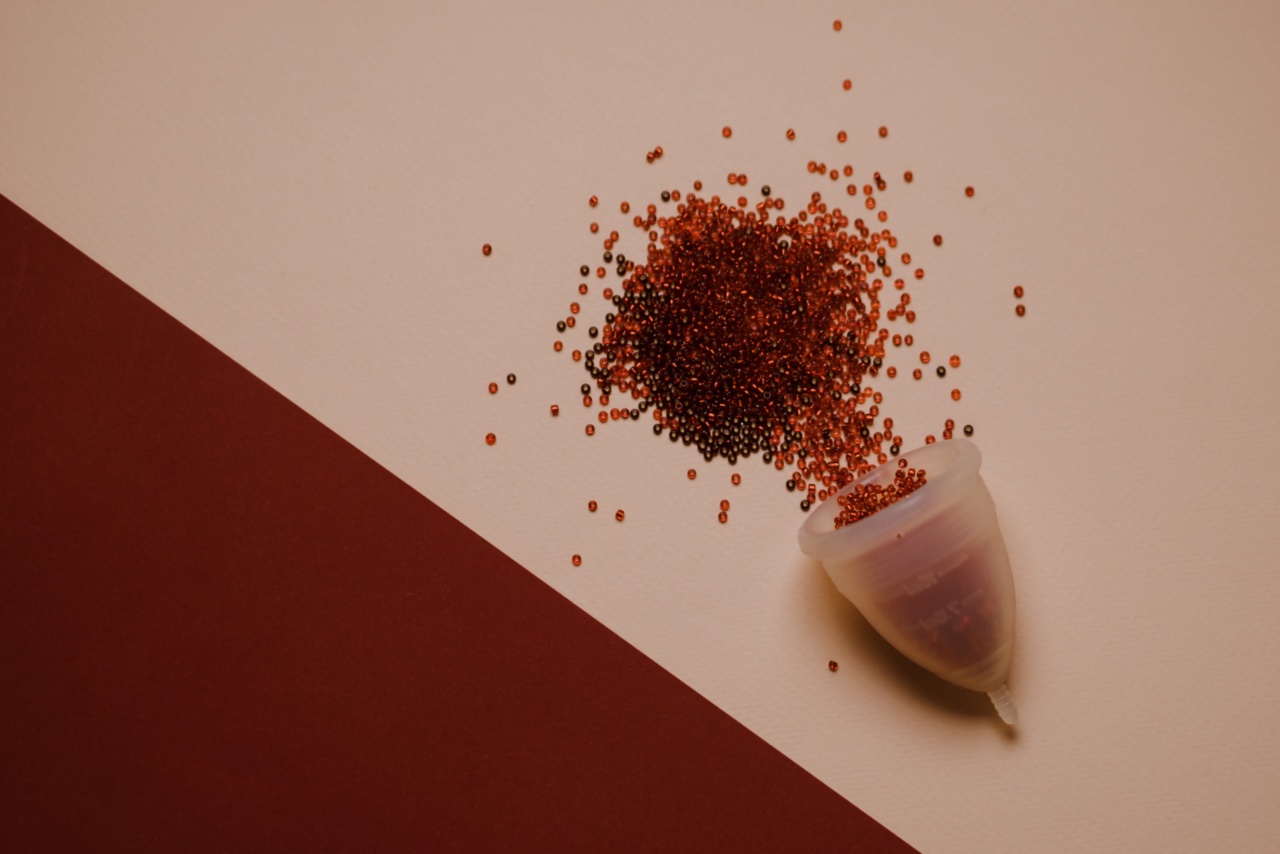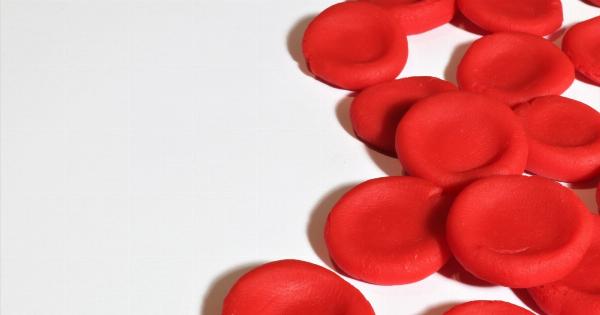Blood donation is a noble act that helps save lives. Every year, millions of people require blood transfusions for various medical conditions, including accidents, surgeries, and blood disorders.
If you are considering donating blood, it is essential to prepare yourself and understand the recovery process to ensure a smooth experience. In this ultimate guide to blood donation, we will cover everything you need to know about preparation and recovery.
Why is Blood Donation Important?
Blood donation plays a vital role in healthcare systems worldwide. Donated blood is used for transfusions in various medical situations, such as:.
- Emergency situations, including accidents and natural disasters
- Surgeries, particularly those involving major organs
- Treating patients with blood disorders such as anemia or hemophilia
- Supporting cancer patients undergoing chemotherapy
- Transfusions for childbirth complications
- And many other medical conditions
By donating blood, you are providing a lifeline to individuals in need and potentially saving lives.
Who Can Donate Blood?
While the eligibility criteria for blood donation may vary slightly depending on the country or organization, some general requirements apply. To be eligible to donate blood, you typically need to:.
- Be in good overall health
- Be at least 17 or 18 years old (varies by location)
- Weigh at least 110 pounds or 50 kilograms
- Pass a basic medical screening
- Avoid certain medications or medical conditions that may disqualify you
Before donating blood, you will be asked to provide detailed information about your medical history, travel history, and lifestyle. This information helps ensure the safety of both the donor and the recipient.
Pre-Donation Preparation
Before donating blood, certain measures need to be taken to prepare your body for the donation process. Here are some important steps to follow:.
1. Stay Hydrated
Proper hydration is essential for a successful donation. Drink plenty of water and fluids in the 24 hours leading up to your donation, but avoid caffeine and alcohol, as they can dehydrate you.
2. Eat Nutritious Foods
A balanced diet rich in iron and vitamins is crucial for maintaining healthy blood. Consume iron-rich foods such as leafy greens, lean meats, beans, and fortified cereals in the days leading up to your donation.
3. Get Adequate Rest
Adequate sleep and rest before donating blood can help you feel more energized and prevent any discomfort during the procedure.
4. Avoid Fatty Foods
Avoid consuming fatty foods a few hours before donating blood, as they can interfere with the tests performed on your donated blood.
5. Wear Comfortable Clothing
Choose loose-fitting clothing with sleeves that can easily be rolled up above your elbow. This will provide easy access to your arm for the blood draw.
The Blood Donation Process
The actual blood donation process usually takes around 10-15 minutes, but you should expect to spend an hour or so at the donation center. Here is a step-by-step breakdown of what you can expect:.
1. Registration and Eligibility Check
When you arrive at the donation center, you will be asked to fill out a registration form and provide identification. They will also confirm your eligibility for donation based on the pre-screening questionnaire.
2. Medical Screening
Next, a healthcare professional will review your medical history, check your vital signs (such as blood pressure, pulse, and temperature), and test your hemoglobin levels to ensure you are fit to donate.
3. Donation Process
Once you pass the screening, you will be directed to a donation chair. A sterile needle will be inserted into a vein in your arm, and blood will be collected in a collection bag or container.
The amount of blood collected depends on the donation type (whole blood, platelets, or plasma).
4. Refreshments and Recovery
After the donation, you will be advised to rest for a short period. Refreshments and snacks will be provided to help replenish your energy and stabilize your blood sugar levels.
5. Post-Donation Instructions
You will receive post-donation instructions on caring for your arm, avoiding strenuous activities, and any other specific guidelines provided by the donation center.
Recovering from Blood Donation
While blood donation is generally a safe procedure, it is important to take care of your body afterward to ensure a smooth recovery. Here are some tips to promote recovery:.
1. Hydration and Nutrition
Continue to drink plenty of water and fluids after the donation to help your body replenish the lost fluids. Ensure your diet includes iron-rich foods and vitamins to support the regeneration of red blood cells.
2. Avoid Strenuous Activities
Avoid heavy lifting, intense workouts, or any strenuous activities for at least 24 hours after blood donation. This will give your body ample time to recover and prevent any unnecessary complications.
3. Rest
Allow yourself time to rest and recover. Listen to your body, and if you feel fatigued, take it easy and get enough sleep to aid the healing process.
4. Follow Post-Donation Instructions
Pay close attention to any post-donation instructions provided by the donation center. These may include avoiding alcohol consumption, refraining from smoking, or taking any necessary medications as instructed.
Benefits and Rewards of Blood Donation
Blood donation not only benefits those in need but also offers several perks for the donors themselves. Here are some key benefits and rewards of donating blood:.
- Fulfillment of helping others and making a difference in someone’s life
- Free health screening, including testing for blood pressure, iron levels, and infectious diseases
- Knowledge of your own blood type and potential health conditions
- Reduced risk of cardiovascular diseases and certain types of cancers
- Stimulation of red blood cell production, promoting overall blood health
- Opportunity to connect with your community and contribute to a greater cause
Conclusion
By following these guidelines and understanding the preparation and recovery process, you are ready to make a positive difference through blood donation.
Remember that each donation can potentially save multiple lives, so consider donating regularly if you are eligible. Your act of kindness and generosity can truly change lives.


























